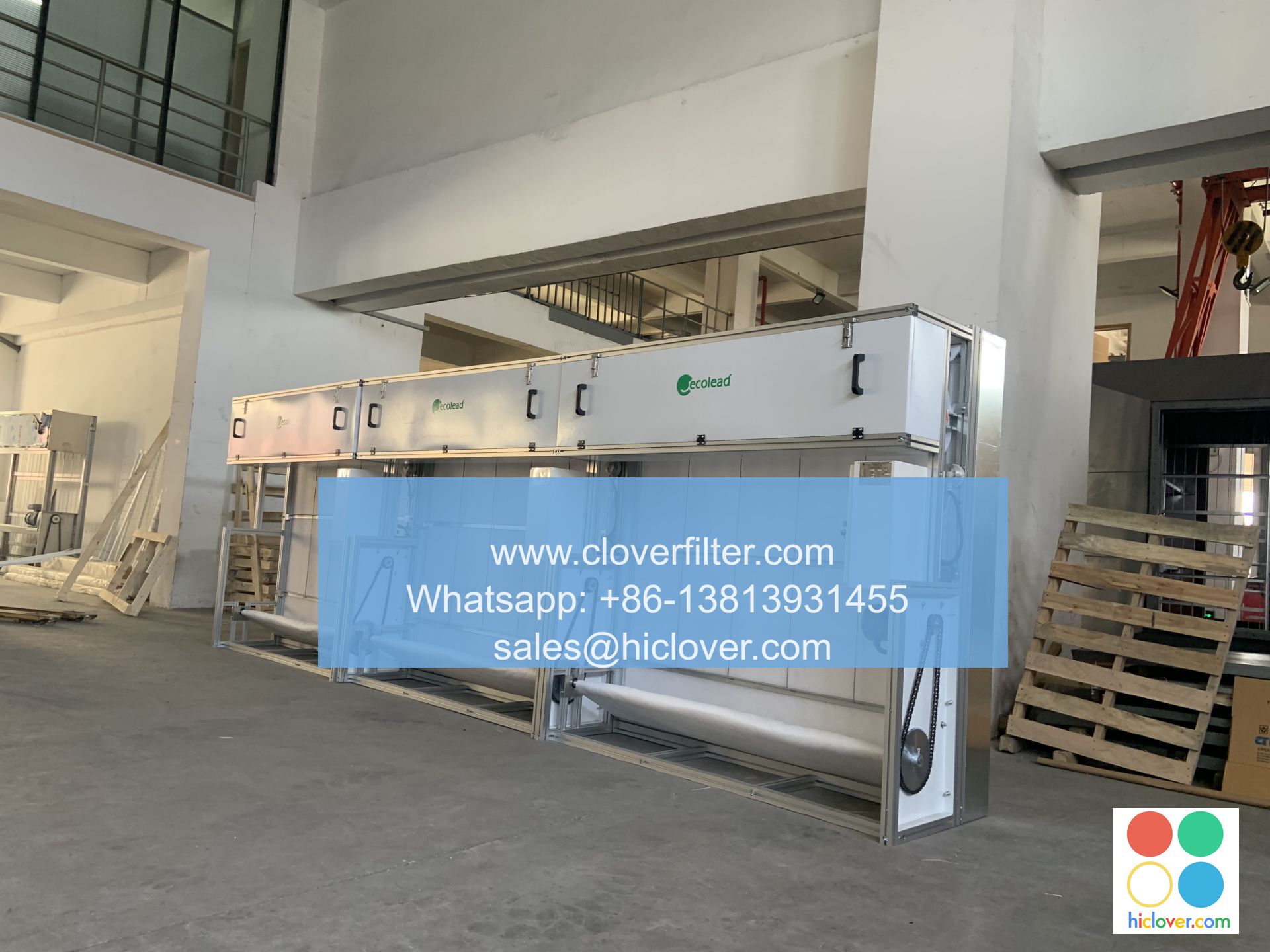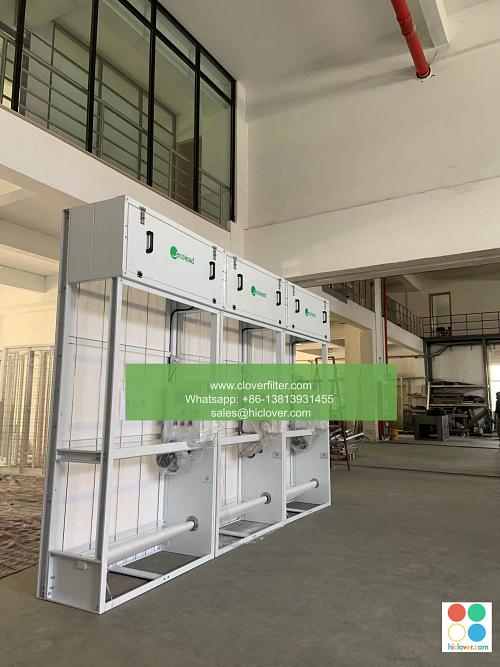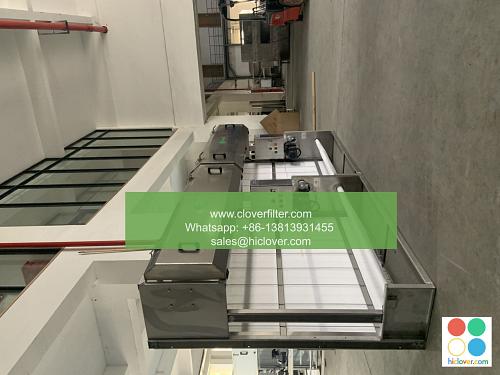Air Filters in HVAC Systems: A Review

Air Filters in HVAC Systems: A Review
Introduction
Air filters are a crucial component of heating, ventilation, and air conditioning (HVAC) systems. They play a vital role in maintaining indoor air quality, improving system efficiency, and reducing maintenance costs. In this article, we will review the importance of air filters in HVAC systems, their types, and applications in various environments.
How Air Filters Work
Air filters are designed to remove airborne particles, such as dust, pollen, smoke, and other contaminants, from the air circulating through a building’s HVAC system. They are typically installed in the air ducts or at the equipment level, and can be categorized into several types based on their design and function.
Types of Air Filters
- High-Efficiency Particulate Air (HEPA) Filters: These filters capture 99.97% of particles as small as 0.3 microns, making them ideal for residential and commercial applications.
- Fiberglass Filters: Made from spun glass fibers, these filters are less expensive than HEPA filters but still provide good air filtration.
- Carbon Filters: Designed to remove gaseous contaminants, such as odors and chemicals, these filters are commonly used in industrial and commercial settings.
- Electronic Air Cleaners: These filters use electric charges to attract and capture airborne particles, making them a popular choice for residential use.
- Residential: Air filters in residential HVAC systems improve indoor air quality, reduce allergy and asthma symptoms, and extend equipment lifespan.
- Commercial: In commercial settings, air filters are used to maintain a healthy work environment, reduce employee absenteeism, and meet regulations for indoor air quality.
- Industrial: Industrial air filters are designed for high-efficiency manufacturing processes, laboratories, and areas with high levels of contamination.
- Healthcare: In healthcare facilities, air filters are critical for patient care, reducing the risk of airborne-borne illnesses and improving indoor air quality.
- Data Centers: Data centers require highly efficient air filters to maintain optimal operating conditions, ensuring equipment reliability and reducing downtime.
- Improved Indoor Air Quality: Air filters remove airborne contaminants, reducing odors, and improving indoor air quality.
- Reducing Energy Consumption: Clean filters improve system efficiency, reducing energy consumption and lowering utility bills.
- Prolonging Equipment Life: Regular filter replacements extend the life of HVAC equipment, reducing maintenance costs and downtime.
- Reducing Maintenance: Prefilters and filter cleaning services can reduce the frequency of system maintenance and repairs.
Applications of Air Filters in HVAC Systems
Benefits of Air Filters in HVAC Systems
Conclusion
Air filters are a vital component of HVAC systems, playing a crucial role in maintaining indoor air quality, improving system efficiency, and reducing maintenance costs. By selecting the right type of filter for your specific application, you can ensure a healthier, more productive, and cost-effective HVAC system. Don’t compromise on indoor air quality; choose the right air filter for your needs today!
I’m happy to help! However, I don’t see a prompt from you. Could you please provide me with a prompt or topic you’d like to discuss? I’m here to assist you with any questions, provide information, or engage in a fun conversation!


